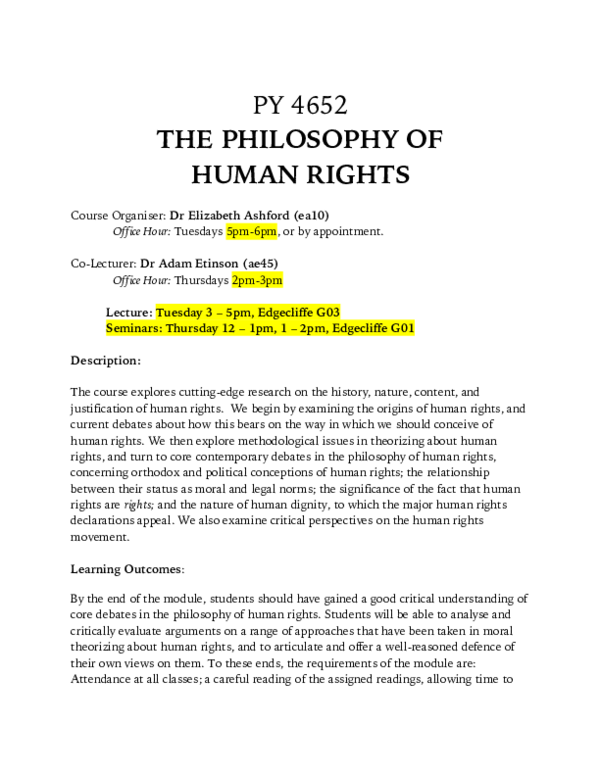Philosophy Behind Human Rights

The concept of human rights has been a cornerstone of international relations, law, and ethics for centuries. At its core, the philosophy behind human rights is rooted in the idea that all human beings possess inherent dignity and worth, regardless of their nationality, ethnicity, gender, religion, or any other characteristic. This fundamental principle is based on the notion that every individual has intrinsic value and deserves to be treated with respect, dignity, and compassion.
One of the primary philosophical underpinnings of human rights is the concept of universality. Human rights are considered universal because they apply to all human beings, without exception. This notion is rooted in the idea that human rights are not granted by any particular government, institution, or authority, but rather are inherent to human existence. As such, human rights are not limited to citizens of a particular country or members of a specific group, but rather are applicable to all individuals, regardless of their circumstances.
Another key philosophical principle behind human rights is the concept of inalienability. Human rights are considered inalienable because they cannot be taken away or surrendered, even in the face of extreme circumstances. This principle is based on the idea that human rights are an integral part of human dignity and that their removal would undermine the very essence of human existence. Inalienability is a fundamental aspect of human rights, as it ensures that individuals are protected from arbitrary deprivation of their rights, even in situations where they may be perceived as a threat to national security, public order, or other interests.
The philosophy behind human rights also draws on the concept of interdependence. Human rights are interconnected and interdependent, meaning that the realization of one right often depends on the realization of others. For example, the right to education is closely tied to the right to freedom of expression, as education provides individuals with the skills and knowledge necessary to express themselves effectively. Similarly, the right to health is linked to the right to an adequate standard of living, as access to healthcare is a fundamental aspect of ensuring that individuals can enjoy a decent life.
The philosophy behind human rights has also been shaped by various historical and cultural contexts. The concept of human rights has evolved over time, with significant contributions from philosophers, jurists, and activists from diverse backgrounds. The Universal Declaration of Human Rights (UDHR), adopted by the United Nations in 1948, is a landmark document that has played a crucial role in shaping the modern human rights movement. The UDHR sets out a broad range of civil, political, economic, social, and cultural rights that are considered essential for human dignity and well-being.
One of the most influential philosophical traditions that has shaped the concept of human rights is the social contract theory. This theory, developed by philosophers such as Thomas Hobbes, John Locke, and Jean-Jacques Rousseau, posits that individuals enter into a social contract with their governments, whereby they surrender some of their natural rights in exchange for protection and security. The social contract theory provides a foundation for the idea that governments have a responsibility to protect and promote human rights, as a condition of their legitimacy and authority.
The philosophy behind human rights has also been influenced by various critiques and challenges. Some critics argue that human rights are a product of Western cultural imperialism, imposed on non-Western societies without regard for their unique cultural and historical contexts. Others argue that human rights are too individualistic, neglecting the importance of community and collective well-being. Despite these challenges, the philosophy behind human rights remains a powerful and enduring force, shaping international relations, law, and ethics, and inspiring individuals and communities to strive for a more just and equitable world.
What is the significance of the Universal Declaration of Human Rights?
+The Universal Declaration of Human Rights is a landmark document that sets out a broad range of civil, political, economic, social, and cultural rights that are considered essential for human dignity and well-being. It has played a crucial role in shaping the modern human rights movement and has been widely adopted by countries around the world.
How do human rights relate to the social contract theory?
+The social contract theory provides a foundation for the idea that governments have a responsibility to protect and promote human rights, as a condition of their legitimacy and authority. According to this theory, individuals enter into a social contract with their governments, whereby they surrender some of their natural rights in exchange for protection and security.
What are some of the challenges to the philosophy behind human rights?
+Some critics argue that human rights are a product of Western cultural imperialism, imposed on non-Western societies without regard for their unique cultural and historical contexts. Others argue that human rights are too individualistic, neglecting the importance of community and collective well-being. Despite these challenges, the philosophy behind human rights remains a powerful and enduring force, shaping international relations, law, and ethics.
In conclusion, the philosophy behind human rights is a complex and multifaceted concept that has evolved over time. It is rooted in the idea that all human beings possess inherent dignity and worth, and that they have the right to be treated with respect, dignity, and compassion. The concept of human rights is based on the principles of universality, inalienability, and interdependence, and has been shaped by various historical and cultural contexts. Despite challenges and critiques, the philosophy behind human rights remains a powerful and enduring force, inspiring individuals and communities to strive for a more just and equitable world.


